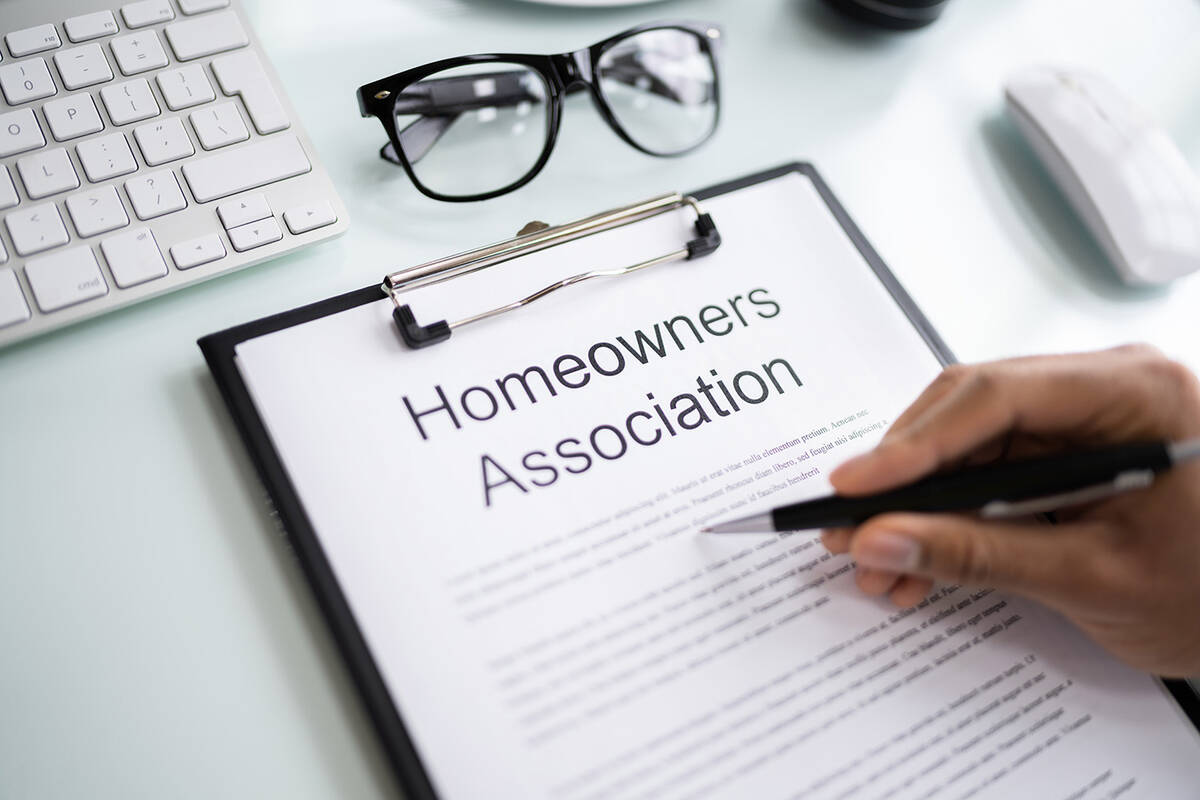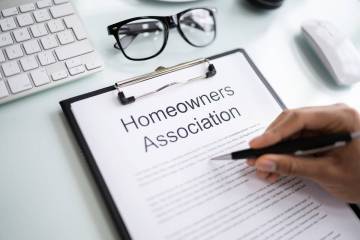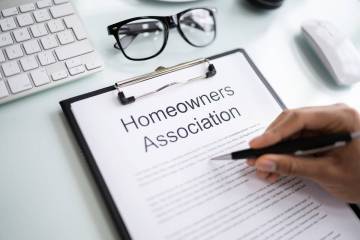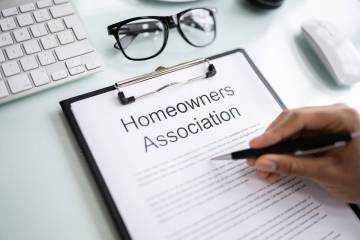HOA vice president has right to hear complaint against him
Q: I am vice president of our board of directors. The president received a complaint regarding me. I was told at the last meeting by our management company that I cannot attend the executive meeting because the president is going to discuss this complaint with the board members in my absence.
He received this complaint, personally, so my question is: Why wasn’t the complaint sent to our management company. Also, does he have the right to be judge and jury?
I have read our covenants, conditions and restrictions, Nevada Revised Statutes 116 and our bylaws and I cannot find any statement that the remaining board members have the right to penalize me. Thank you; I look forward to your response.
A: Regardless of how the president received the complaint, you are first entitled to receive and review the complaint. If the president wants to review the complaint with the full board, the president should call for a formal hearing. You would be entitled to speak to the complaint and answer any questions. You would be excused in order for the board to discuss and make a decision. The president should not be judge and jury.
As to any penalties, the board should follow its rules and regulations and its enforcement policies.
Q: We are Las Vegas senior residents and we own a condominium unit in Burbank, California. Annually, we get notice of city-mandated inspection of the fire, life and safety systems, conducted by a city-appointed vendor covering the whole building that includes speakers, sprinklers, smoke alarms and mini-horns inside each of the 100 units.
Being that the vendor’s year-to-year scheduling is not consistent in terms of definite time of year, to be on-site “on a whim” is somehow not convenient for us to provide access. The homeowners association advisories always contain the statement: “A locksmith will be on-site to open any unit where no one is available to provide access.”
Are they empowered to do just that? We see it as supervised break-in. Wouldn’t that be considered illegal entry in as much as we, the owners, are not present, nor are we consenting to it? In addition, the HOA notice audaciously states, “fees incurred, in effect to access entry, will be charged to the homeowner.”
Do we have a legitimate concern? What would be our recourse in this regard?
A: I am not familiar with the laws pertaining to associations in California, but I am aware of such inspection policies.
Please check your governing documents as you will probably find that the association through the municipality does have the right to enter your unit for this inspection.
It is not an easy task to check units which requires cooperation from owners for the work to be completed in an organized manner.
Barbara Holland is an author and educator on real estate management. Questions may be sent to holland744o@gmail.com.






















